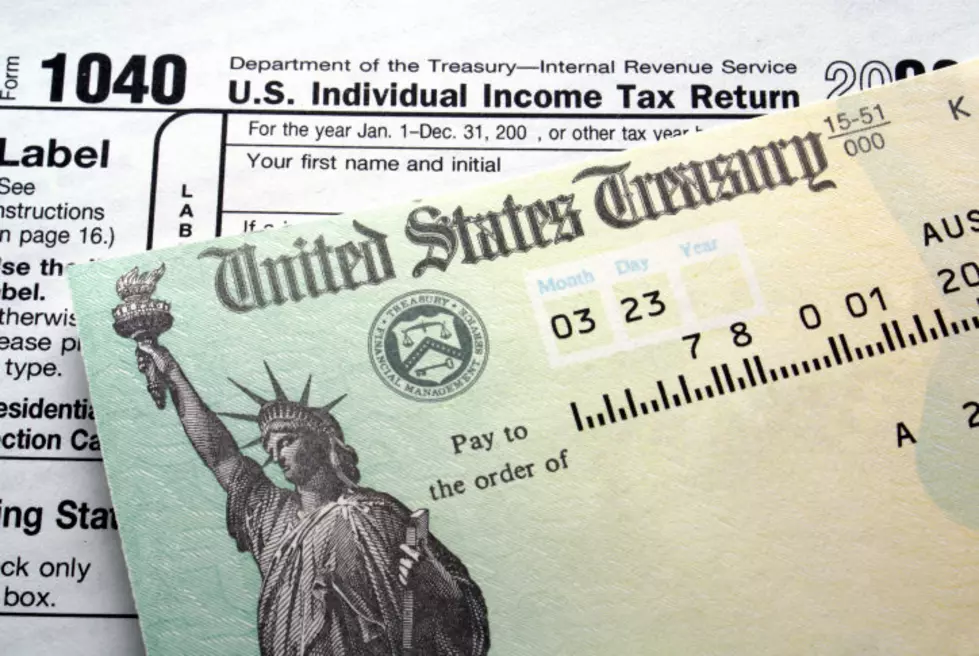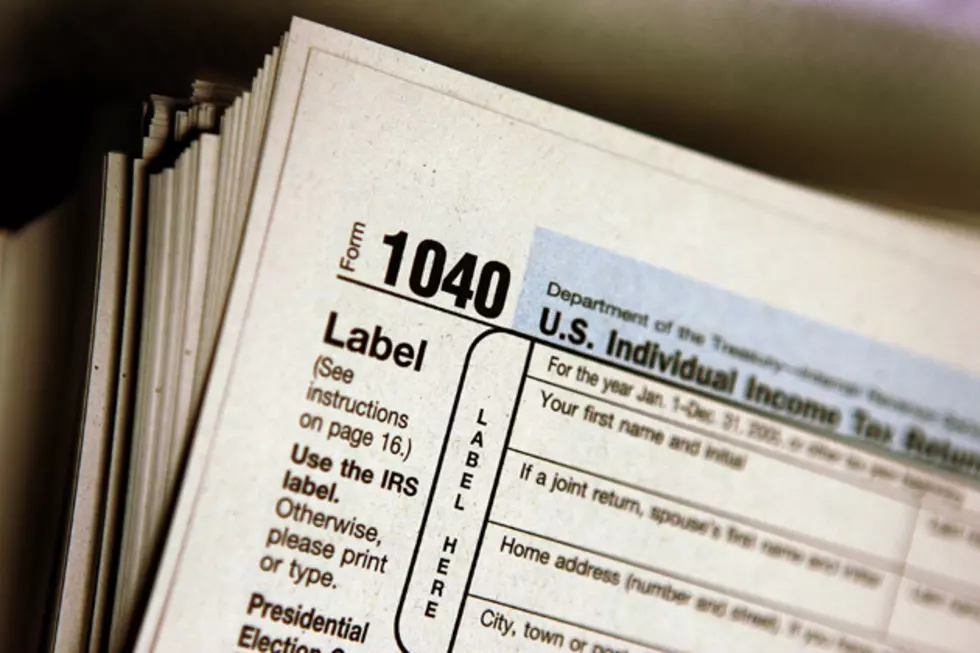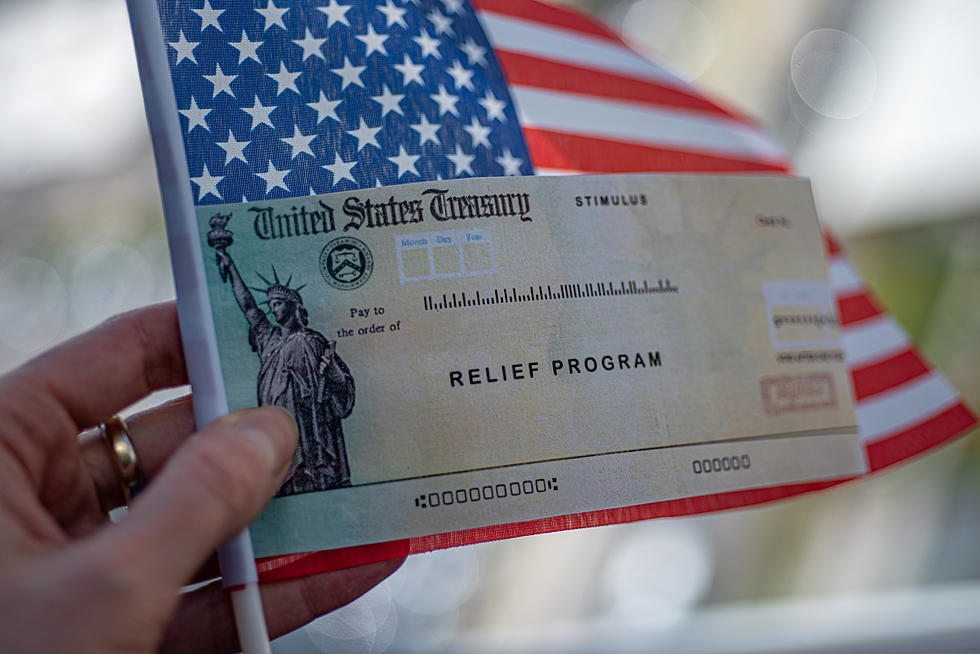
Check Your Mail Because the IRS May Still Owe You Money
You may have received a letter recently from the IRS. Don't just chuck it into the trash, read it, because you could be entitled to some extra money.
In mid-October, the tax agency announced it would be sending out letters to more than nine million people who may qualify for thousands of dollars worth of stimulus payments and tax credits.
These were people who weren't required to file tax returns because they appear to have very low incomes. However, many in this group may be eligible to claim some or all of the 2021 Recovery Rebate Credit, the Child Tax Credit, the Earned Income Tax Credit, and other tax credits depending on their personal and family situation.
"The IRS wants to remind potentially eligible people, especially families, that they may qualify for these valuable tax credits," said IRS Commissioner Chuck Rettig. "We encourage people who haven't filed a tax return yet for 2021 to review these options. Even if they aren't required to file a tax return, they may still qualify for several important credits. We don't want people to overlook these tax credits, and the letters will remind people of their potential eligibility and steps they can take."
If I received a letter, what should I do?
Non-filers are encouraged to submit a tax return to qualify for the first stimulus payment, officially known as the Economic Impact Payment. (The IRS relied on tax returns to determine which people qualified for stimulus payments and where to send payments, but millions didn't receive these payments.
Taxpayers have until November 17 to take advantage of the Free File to claim their benefits. The no-charge software is available on the IRS website until the deadline.
The IRS said that people who believe they are eligible for these benefits but haven't filed a 2021 tax return could do so on the Child Tax Credit website.
More details regarding these expanded tax benefits
The three credits include:
- An expanded Child Tax Credit: Families can claim this credit, even if they received monthly advance payments during the last half of 2021. The total credit can be as much as $3,600 per child.
- A more generous Earned Income Tax Credit: The law boosted the EITC for childless workers. There are also changes that can help low- and moderate-income families with children. The credit can be as much as $1,502 for workers with no qualifying children, $3,618 for those with one child, $5,980 for those with two children and $6,728 for those with at least three children.
- The Recovery Rebate Credit: Those who missed out on last year's third round of Economic Impact Payments (EIP3) may be eligible to claim the RRC. Often referred to as stimulus payments, this credit can also help eligible people whose EIP3 was less than the full amount, including those who welcomed a child in 2021. The maximum credit is $1,400 for each qualifying adult, plus $1,400 for each eligible child or adult dependent.
Besides these three credits, many filers may also qualify for two other benefits with a tax return filed for 2021:
- An increased Child and Dependent Care Credit: Families who pay for daycare so they can work or look for work can get a tax credit worth up to $4,000 for one qualifying person and $8,000 for two or more qualifying persons.
- A deduction for gifts to charity: Most tax filers who take the standard deduction can deduct eligible cash contributions they made during 2021. Married couples filing jointly can deduct up to $600 in cash donations and individuals can deduct up to $300 in donations. In addition, itemizers who make large cash donations often qualify to deduct the full amount in 2021.
For more information regarding any of the information above, visit the IRS' news release here.
LOOK: Here are 25 ways you could start saving money today
More From 97.3 The Dawg









